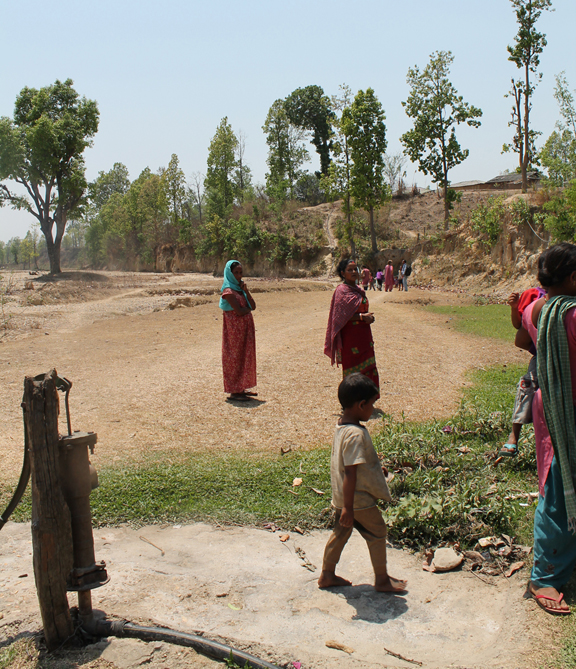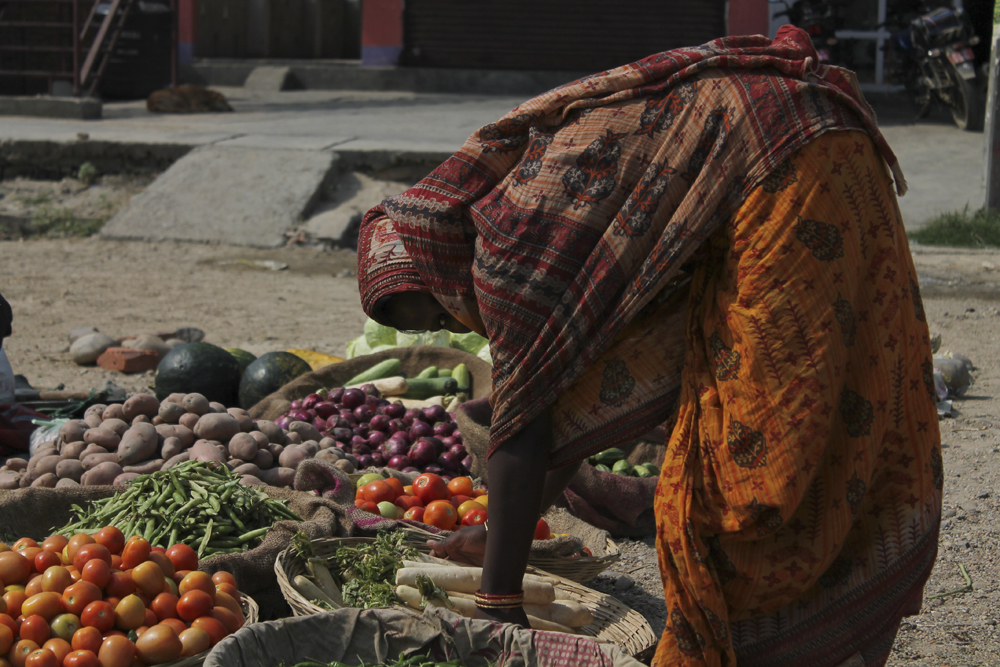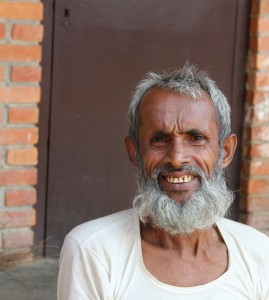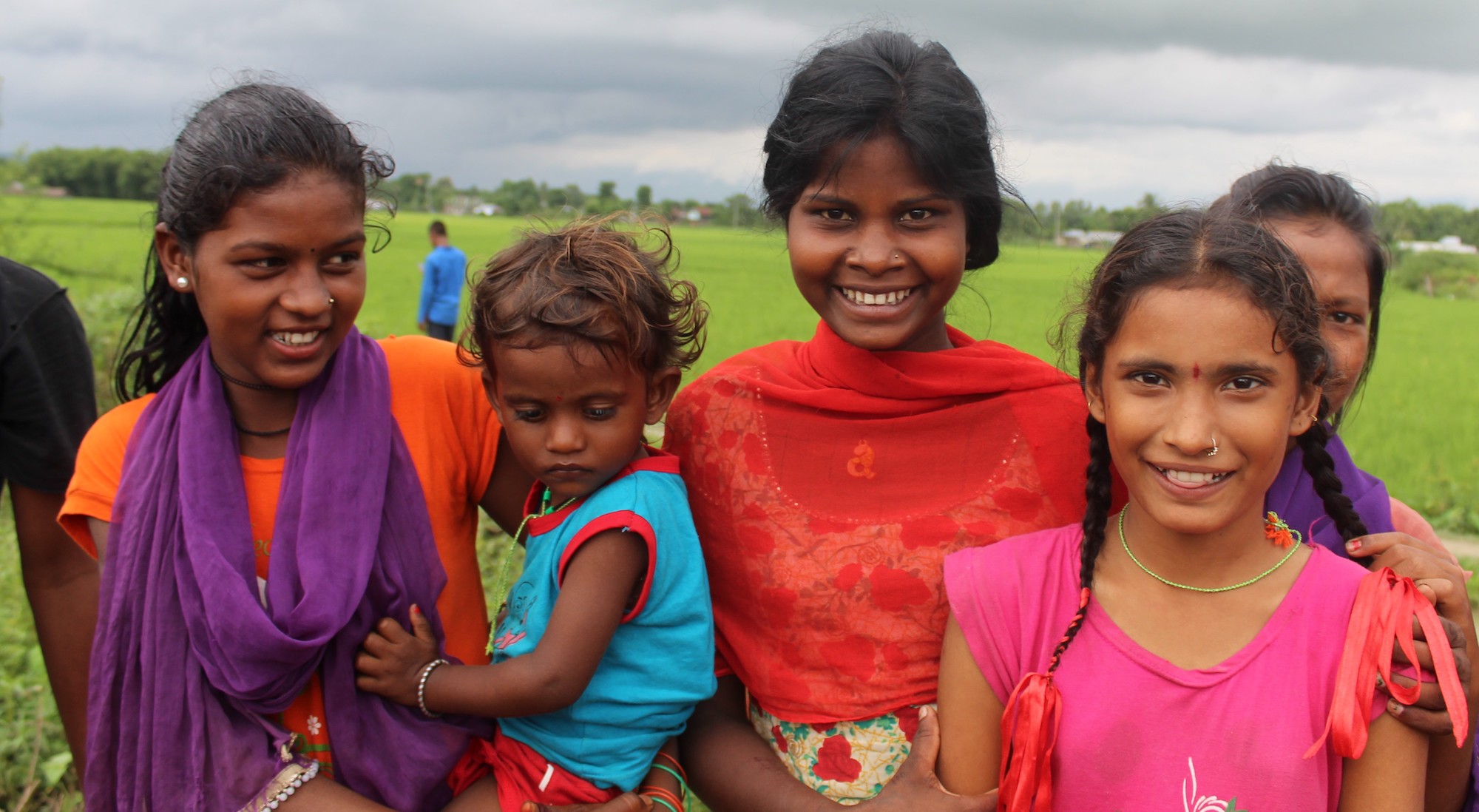Stigma – A mark of disgrace associated with a particular circumstance, quality, or person.
Oxford dictionary
“It all began with a small patch on my skin that didn’t feel anything, but now I feel tingling in my toes and feet.”
Leprosy is caused by bacteria, mycobacterium leprae, affecting the nerves in the skin, face, hands and feet.
“As time went by my hands and feet would get injured. I feel no hurt.”
Leprosy can permanently damage the nerves so that they feel no pain, hot or cold, just like an anaesthetic.
“Cuts get infected, and ulcers develop. I feel no discomfort.”
The patient feels no pain, injuries are not rested and may get infected badly.
“My family don’t like the disease, they hide me, and make me live alone. I feel loss.”
Stigma can begin between husband and wife, parents and children.
“My children are discouraged from going to school. I feel shame.”
The wider community can affect the families of leprosy sufferers.
“We cannot go to the well with everyone else, our neighbours shout at us. I feel anger.”
Fear and misunderstanding in the community can lead to separation.

“I’ve lost my job, as my boss does not want me around. I feel hunger.”
Economic loss can cause the family great hardship.
“I went to the hospital at Lalgadh Leprosy Hospital, the doctor tells me I have leprosy. I feel despair.”
The actual diagnosis can be the most painful part, for patient, family and community.
“The nurses take care of my wounds and ulcers and give me medicine. I feel compassion.”
The secondary effect of having damaged nerves is infections, this is what most people see as leprosy, the leprosy bacteria is treated by antibiotics.
“I sleep in a hospital bed and have a full meal. I feel safe.”
Often patients may be malnourished and need to be admitted as in-patients.
“The hospital staff hold my dry hands in theirs and make me laugh. I don’t feel untouchable.”
Stigma begins in the heart, and we overcome it by the way we live, by the example we show.
“I am much better now, so I can go home, I meet other leprosy patients in my area. I feel a new community beginning.”
Leprosy patients form self-help groups (SHG), to look out for each other. Men and women, young and old, Muslims, Christians and Hindus of different castes all sit together and share their struggles, offer advice, laugh and cry, touch and comfort each other, building self-esteem and confidence.
“In the SHG we can start to learn again, to read and write, to understand health issues. I feel I am growing.”
Self-help groups receive support from Lalgadh Hospital with adult and health education.
“The SHG begins a monthly savings scheme. I feel hope.”
Self-help groups receive seed capital from Lalgadh Hospital and encourage leprosy patients to budget and save.
“I start a small business and earn money to support my family. I feel pride.”
The savings scheme can lend money to its members to start an enterprise to break the downward cycle of poverty.

“My children respect me again, and my spouse welcomes me in the home. I feel love.”
The family often adapts and heals remarkably easily.
“My children can return to school. I feel they have a future.”
Public health education, through street drama or discussion provided by LLSC can help bring down barriers in the community.
“The SHG invites Lalgadh Hospital to start a Village Alive Programme in our village. I feel I am becoming a leader.”
The Village Alive Programme is an intensive three year health, education and development programme, that the self-help group initiates with the support of Lalgadh Hospital and agreement of the local community.
“Our village is doing well, the community looks to me to help and guide them. I feel no disgrace.”

Demolishing stigma by Nepal Leprosy Trust.
All the above quotes are drawn from leprosy affected people in Nepal and this story highlights a common journey of recovery for them as enabled by NLT.

